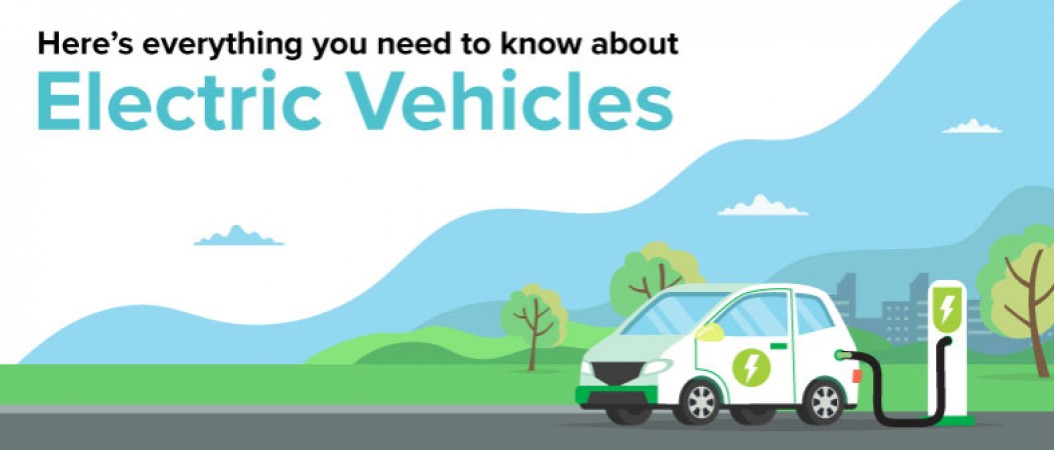
Advantages and Disadvantages of electric vehicles :
Electric vehicles have gained tremendous popularity as a sustainable and efficient mode of transportation. While they offer numerous advantages, it is essential to evaluate their disadvantages as well. This article aims to provide a comprehensive analysis of electric vehicles by exploring five key advantages and five disadvantages.
Advantages of Electric vehicles are:

1) Environmental Sustainability
Electric vehicles are renowned for their positive environmental impact. Unlike traditional gasoline powered scooters or cars, electric vehicles produce zero emissions while in operation. By eliminating air pollution and reducing greenhouse gas emissions, they contribute to cleaner and greener cities. This section will delve into the environmental benefits of electric vehicles, emphasizing their role in improving air quality and mitigating climate change.
2) Cost-effectiveness
Electric vehicles are known for their cost-effectiveness compared to gasoline-powered vehicles. This section will explore the financial advantages of electric vehicles , including lower operating costs, reduced fuel expenses, and minimal maintenance requirements. It will discuss how electric vehicles offer long-term savings and contribute to more affordable transportation options.
3) Safe, Convenience and Easy to Use
Electric are designed for convenience and maneuverability, making them ideal for urban commuting.Some electric vehicles come with added features for the user’s well-being. Simply moving electric vehicles in particular are designed to meet the needs of any rider.
4) Technological Advancements and Innovation
The rapid development of electric vehicle technology is driving innovation in the automotive industry. This section will explore the advantages of electric vehicles in terms of technological advancements, including improved battery technology, longer driving ranges, and the potential for vehicle to grid integration. It will also discuss how electric vehicles pave the way for further innovations in autonomous driving and connectivity.
5) Improved Air Quality and Health Benefits
One of the significant advantages of electric vehicles is their positive impact on air quality and public health. This section will explore how electric vehicles contribute to reduced emissions of pollutants such as nitrogen oxides and particulate matter. It will also discuss the potential health benefits, including the reduction of respiratory illnesses and related health care costs.
Disadvantages of Electric Vehicles are:

1) Limited Driving Range and Charging Infrastructure
One of the primary concerns with electric vehicles is their limited driving range compared to traditional vehicles. This section will discuss the disadvantages of electric vehicles in terms of range anxiety and the need for a well developed charging infrastructure. It will also address the challenges associated with long-distance travel and the time required for recharging.
2) Charging Time and Convenience
Electric vehicles generally require more time to recharge compared to refueling traditional vehicles. This section will discuss the disadvantages of electric vehicles in terms of charging time, the availability of charging stations, and the potential inconvenience for long distance travel. It will also address the importance of expanding the charging infrastructure to improve convenience and accessibility.
3) Initial Cost and Affordability
Electric vehicles often have a higher upfront cost compared to conventional vehicles. This section will explore the disadvantages of electric vehicles in terms of their initial purchase price and the potential financial barriers to adoption. It will also discuss the importance of government incentives and cost reductions for electric vehicles to enhance affordability and accessibility.
4) Limited Model Variety and Infrastructure Challenges
The availability of electric vehicle models and the accessibility of charging infrastructure can pose challenges. This section will discuss the disadvantages of electric vehicles in terms of limited model options, especially in certain vehicle segments. It will also address the challenges associated with the expansion of charging infrastructure, including the need for more charging stations and compatibility standards.
5) Battery Life and Environmental Impact
Electric vehicle batteries have a finite lifespan and can pose environmental challenges. This section will explore the disadvantages of electric vehicles in terms of battery degradation, the potential for early battery replacement, and the associated environmental impact. It will also discuss the importance of battery recycling andsustainable battery manufacturing processes.
Electric vehicles offer numerous advantages, including environmental sustainability, energy efficiency, cost savings, improved air quality, and technological advancements. However, they also present challenges such as limited driving range, charging infrastructure, initial costs, charging time, and battery life. By considering both the advantages and disadvantages, individuals can make informed decisions about adopting electric vehicles and contribute to a greener and more sustainable transportation future. It is crucial to address the challenges through technological advancements, infrastructure development, and supportive policies to further enhancthe viability and accessibility of electric vehicles.